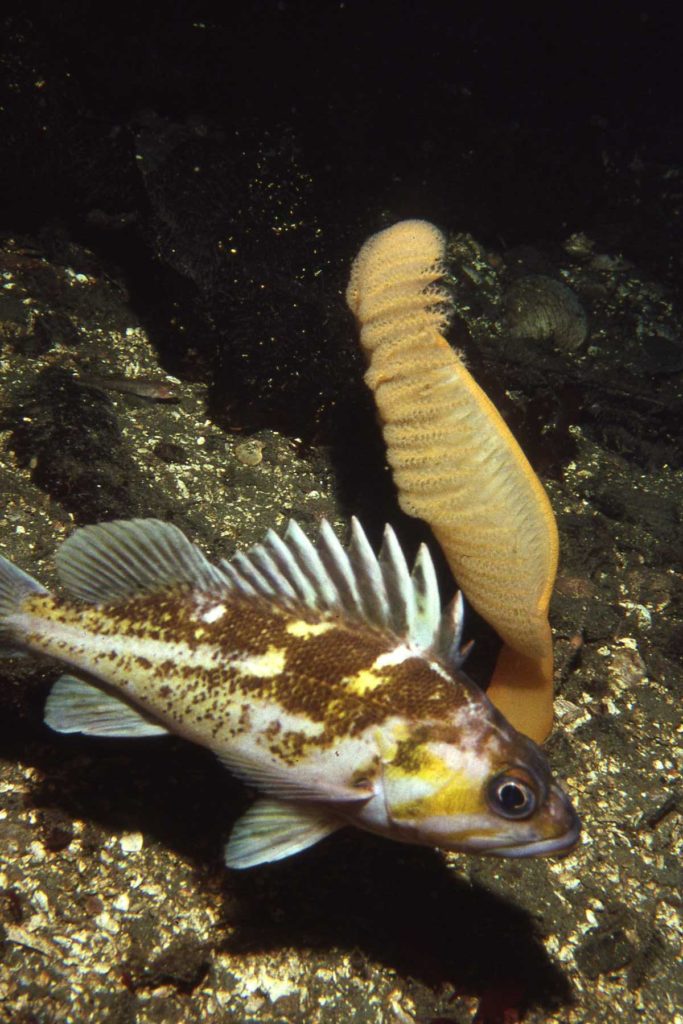Sustainable Fisheries
The fishing industry has defined Central Coast economies since the 1870s, but after years of overfishing and mismanagement, many commercial species are now in decline. As a result, the role of commercial fishing in our local economy has decreased significantly in the last two decades.
In areas where our people have strong historical links to coastal fisheries, such as commercial and sport fishing, seafood processing, shellfish aquaculture and tourism, we seek to create partnerships and become major owners and operators in revitalized fisheries sectors that are managed sustainably.
By managing fisheries for future generations, Central Coast Nations will address the negative environmental, social and cultural impacts of past mismanagement, while creating new sustainable opportunities for our people.
Our priorities in fisheries management are wide-ranging; the list below provides some key focus areas:
- Commercial Recreational Fishery – as BC’s growing sport fishing industry continues to strain coastal ecosystems, Central Coast Nations aim to manage these impacts with strategic closures and careful management of the sport fishery.
- Food, Social & Ceremonial (FSC) – ensuring our people have adequate access to marine resources for FSC purposes is of primary importance to Central Coast Nations. This includes fisheries management that incorporates our traditional knowledge and wisdom of our Elders.
- Salmon Restoration – after more than a century of poor fisheries management, salmon populations are at a crisis point. Our Nations are committed to revitalizing sustainable salmon fisheries, which will require improved salmon monitoring, targeted reduction in commercial and recreational fishing, and efforts to enhance and restore important salmon habitat.

